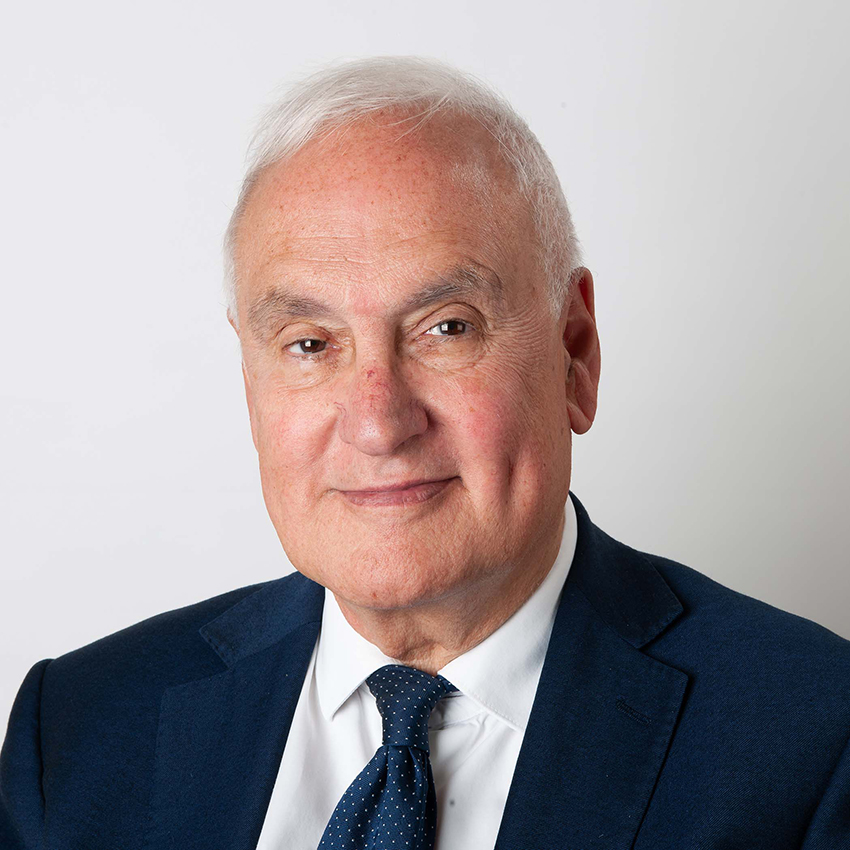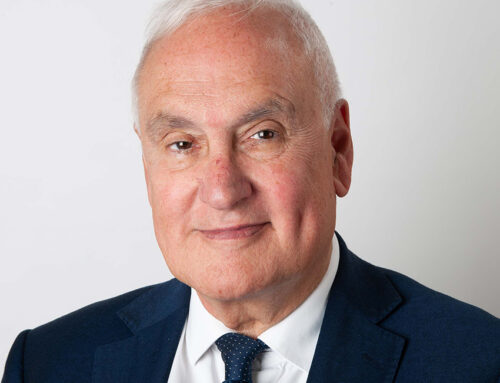 I’ve already written in a previous blog about the importance of leadership in school improvement. I want to follow that up by saying a few words about what I think makes for a strong leadership team across the different phases of education.
I’ve already written in a previous blog about the importance of leadership in school improvement. I want to follow that up by saying a few words about what I think makes for a strong leadership team across the different phases of education.
Firstly, a leadership team, carefully selected by the head teacher and governing board, should fully support the ethos of the school and the aims of the head teacher. This might seem a blindingly obvious thing to say but it’s worth re-stating because nothing is worse than a divided senior team which cannot agree on fundamental principles and provide a united front to the rest of the staff.
That doesn’t mean a senior team of yes-men and women, meekly complying with every wish of the head teacher. A good senior team will always have strong personalities and characters who want to make a mark and be vocal on a whole range of different educational issues.
However, an effective senior team will always pull behind the head teacher when he or she makes the final decision on policy and practice. They might disagree on the detail of a particular strategy but should always be in support of the strategy itself. Ultimately, the person at the top has to take the final responsibility for decision- making and is deserving of the support of every member of his or her senior team.
Loyalty to the head is a pre-requisite for being a good member of a senior team. If there are disagreements, they should be aired in private to the head teacher and never in front of the rest of the staff.
The staff themselves will want to see a united leadership team driving the school forward in a calm, coherent way. A fractious and divided senior team will always send the wrong message to the staff and encourage disaffection from those individuals who use any opportunity to find fault and any excuse to cause trouble.
I always think the antagonism between Tony Blair and Gordon Brown in the latter stages of the New Labour Administration fundamentally undermined the Prime Minister’s authority and ultimately led to election defeat a few years after Brown got the top job.
The TBs/GBs, as it’s sometimes called, is a salutary leadership lesson to head teachers. Insist on loyalty from your senior team but not slavish adherence to every detail of school policy. Discussion, debate and argument in the leadership team are the stuff of good decision-making as long as it’s done in private and in good faith.
Secondly, every member of the senior leadership team should have a clear understanding of their role to manage particular aspects of the school’s curriculum and organisation but they should also understand their whole-school responsibilities as well.
They should not operate in silos but work collectively on school-wide issues and problems. For example, just because someone on the senior team has a specific responsibility for the curriculum does not mean that they should not take a leading role in managing behaviour and improving the pastoral life of the school.
The corollary of accepting this as a principle of being a member of a good leadership team is that individuals in that team are busy, high-profile and visible throughout the school day. Even though they might have a heavy administrative load and a high volume of paperwork to get through, leaders should prioritise interaction with staff and students, particularly at vulnerable and difficult times of the day, for example, student transition and break times.
It’s so important that members of the SLT set an example to the staff by demonstrating that they work really hard in school and use their time after school and at home to get on with their admin. Speaking from my own experience, I never wanted to see any member of my leadership team sitting in their offices for much of the day.
Thirdly, every member of the leadership team should be ambitious for their school but also for themselves. They should aspire to headship at some stage of their SLT career. What is the point of being a deputy if it’s not seen as a stepping stone to headship.
Deputies or senior staff who are quite content to stay at that level and luxuriate in their comfort zone for years are not doing themselves or their school much good. They eventually stagnate and become “bed-blockers” to those who want and deserve promotion.
It really is incumbent on heads to not only prepare their senior colleagues for headship but also to de-mystify the role in order to make it less daunting for those who labour under the impression that it’s an impossible job! It certainly is not and the fact that so many of my deputies have gone on to the top job is testimony to that belief.
Finally, remember that senior leaders are leaders of teachers and teaching. They are not business managers or bureaucrats but leaders of pedagogy and good classroom practice. In short, they are leaders of the most honourable and most noble profession in the world. Indeed, the author of all other professions!
Sir Michael Wilshaw






